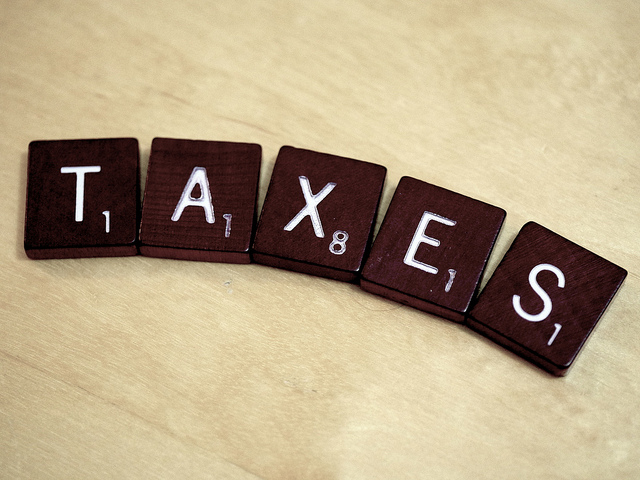Everything is subject to taxation. The most common form of taxation, as employees will ultimately learn, is the income tax. The concept here is that, if you earn something, the government will get its fair share from you in the form of taxes. Hence, this also applies to real estate. If you sell your property, you will have to pay taxes imposed on your earnings as a property owner.
Let us learn more about the taxes that are associated with the sale and purchase of real estate property in Thailand.
Reminder for Foreigners
To recall, we have discussed that it is not legal for foreigners to own a piece of real estate in Thailand unless he or she is married to a Thai local. However, it does not mean that foreigners cannot buy real estate in Thailand. The law simply states that foreigners, as individuals, cannot own land, but they can purchase condominiums under the Condominium Act of 1979.
There are also circumstances that allow aliens to purchase land in the Kingdom. One of these circumstances is when the foreigner has invested a significant amount of money into the local economy. We’re talking here in terms of at least THB40 million.
In addition, foreigners can establish a limited liability company in Thailand together with a few local investors. They can then purchase land in Thailand under the name of this company. A piece of advice, though – exercise caution because the practice of using nominal shareholders is totally illegal in Thailand.
Types of Taxes One Has to Pay for a Purchase of Real Estate
These are the three taxes that a purchaser – either a foreigner or a local – will encounter when buying real estate property in Thailand.
As a buyer, you will be concerned with the transfer fees or transfer taxes associated with the property. This is the only fee that you will be responsible for paying when purchasing a real estate property. This tax is equivalent to 2% of the property’s value as appraised by the government. For example, if the property is appraised to be at THB5 million, you will pay a Transfer Tax of THB100,000.
On the other hand, the seller will have to shoulder the Stamp Duty, Withholding and Business Taxes. Let us look at each of these three taxes:
- Stamp duty
Stamp duty is equivalent to 0.5% of the registered value, or how much the property was sold for. In some cases, a seller may be exempt from stamp duty if they owned the property for less than 5 years.
- Withholding taxes
If you own the property as an individual, you will have to pay withholding taxes that are calculated according to a progressive rate charged on the property’s appraised value. On the other hand, a corporation who sells off a property is subjected to a fixed rate of 1% of either the registered or appraised value, whichever is higher.
- Business tax
The seller is obliged to pay 3.3% of the appraised or registered value of the property, whichever is higher.
As you can see, the taxes imposed upon real estate transactions are quite straightforward. When in doubt, however, always err on the safe side and contact a reputable attorney knowledgeable in Thai real estate law.





